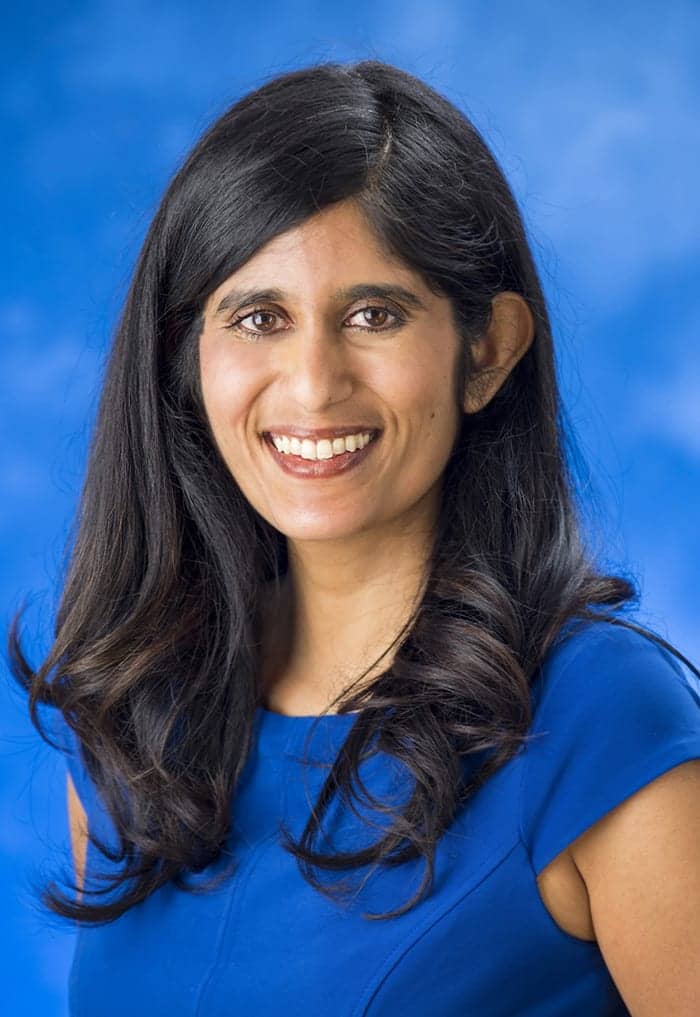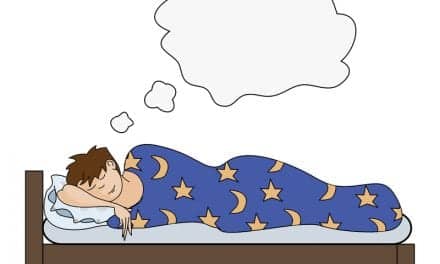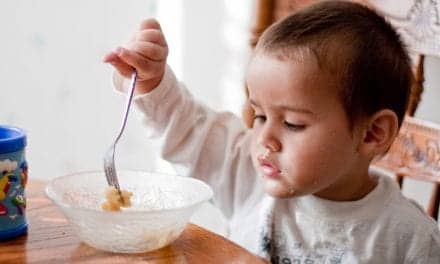I recently had our second child, and I have found that many facets of the science of sleep apply to babies too.
By Sree Roy
When people find out that I edit Sleep Review for a living, a common question they ask is: Have you learned anything that has improved your sleep?
The answer is yes, learning about sleep science for 40-plus hours a week has positively impacted my own sleep.
For example, before I started working here, I frequently experienced nightmares during sleep. Early in my tenure, I learned that nightmares are typically caused by anxiety during the day. With that new knowledge, I addressed the anxiety—and found that my long-time nightmares vanished alongside it.
More recently, I was prescribed an alternate medication for a non-sleep-related health issue after I connected a beta blocker to an episode of violent dream-enacting behavior. The medication change meant no more adverse sleep events (though it has not stopped my husband from periodically reminding me of how I once punched him in the nose at 3 am).
Now I have an expanded answer to share: I recently had our second child, and I have found that many facets of the science of sleep apply to babies too. (I wish I had applied these practices with our firstborn as well, but the learning curve of first-time parenting left me without the bandwidth. Still, though it took much longer, our toddler now sleeps well too.)
Here is what has improved our baby’s sleep.
Creating a dark, cave-like sleep environment. I found that even blackout curtains did not make the room dark enough, presumably because of the light that sneaks in around the edges. When we moved the baby’s crib into our bedroom walk-in closet (with no windows), her sleep duration lengthened by two hours overnight.
Fitting in exercise. We ensure that at least 30 minutes of tummy time happen before noon and at least another 15 minutes before 6 pm.
Prioritizing sleep. We plan for the baby to be at home for almost all naps. If we do take her out, we plan ahead for a safe sleep space. On the rare occasions in which we did not prioritize sleep, we certainly paid the price for it later: Outings during nap time result in an over-tired baby who has trouble falling and staying asleep later.

Not relying on subjective measurements. Around month 3, I was convinced our baby was not sleeping anywhere near the recommended 14 to 17 hours. So I started a paper sleep log, placed strategically on the kitchen counter so all caregivers had access to it. When we added up all the hours, it turned out her total sleep time was completely normal for her age, clocking in at just over 14 hours for each day. I now use the smart phone app “Baby Tracker” as it does the math for us.
Not fretting over the occasional night of poor sleep. This last bit of knowledge has not improved baby’s sleep but rather my attitude toward it. When the baby, and by extension I, have a night of poor sleep, I try not to stress about it. (I do have the luxury of working from home, so I do not have to worry about being a drowsy driving hazard.) I simply recommit myself to the science of sleep.
Sree Roy is editor of Sleep Review.





